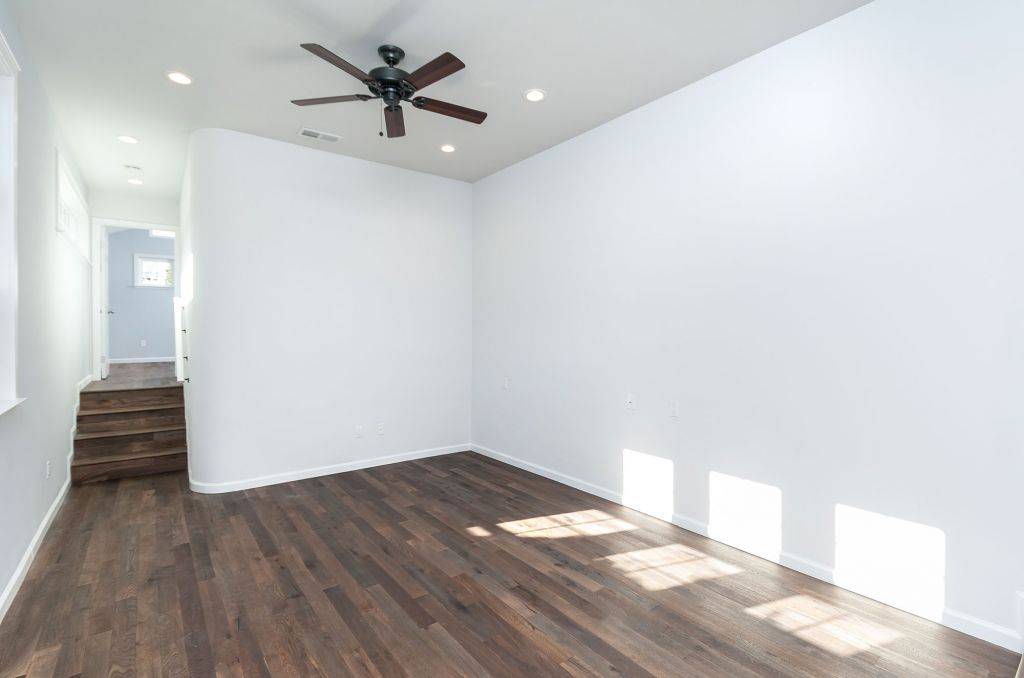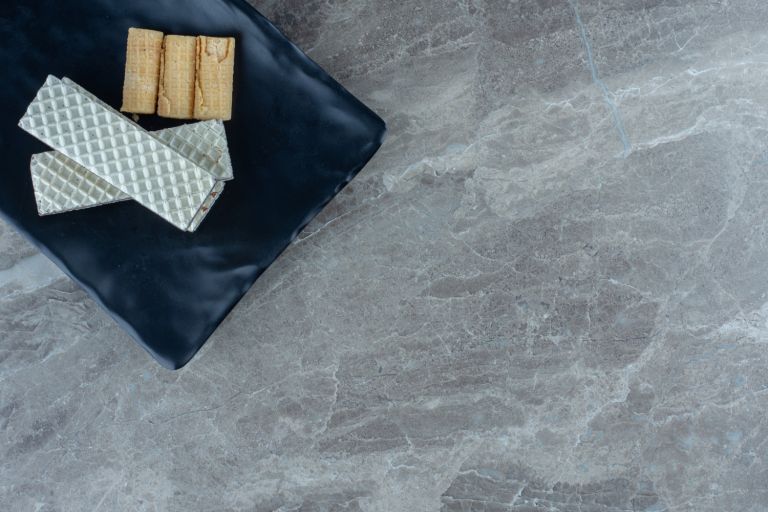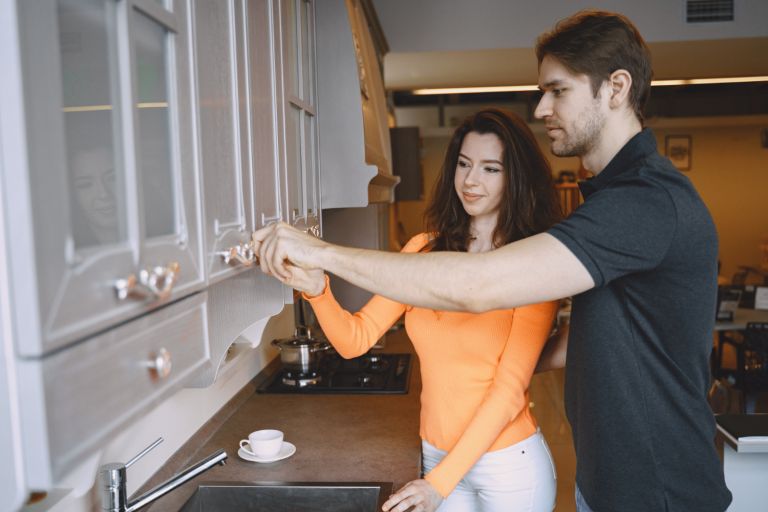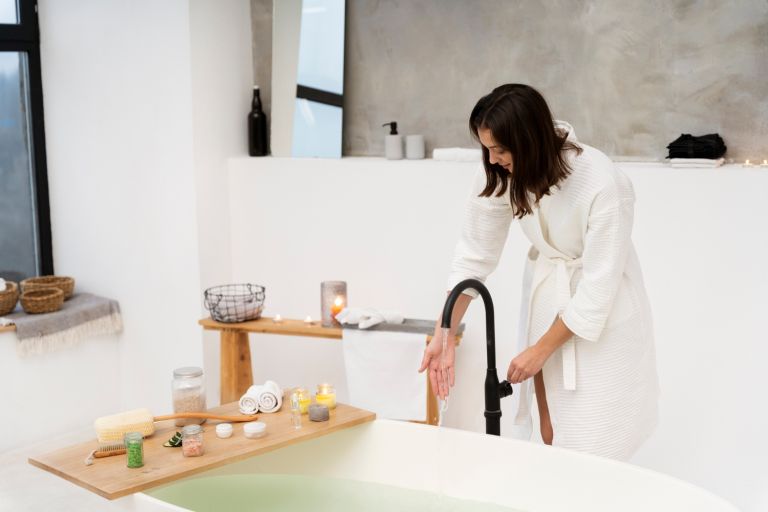With the options and possibilities for luxury vinyl flooring continue to expand; today we have truly endless choices to look for. However, among all, LVT, WPC, and SPC are arguably the three most popular vinyl flooring products available – each one with its own set of pros, cons, features, and characteristics.
Willing To Know More About SPC Vs WPC Vs LVT & Find Out The Key Differences, Durability, Cost, And Comfort For Each? Let’s Do A Head-To-Head Showdown & Learn More!
When searching for the best vinyl flooring options for your home, you must have come across terms like LTV, SPC, and WPC. To make the right choice between these three most popular choices; you need to conduct an in-depth comparison and find out what’s best for your floor plans.
Outlining LTV Flooring
LVT or Luxury Vinyl Tile is a modular vinyl flooring tile. It is the upgraded version of the traditional vinyl flooring and features everything that a floor need – realistic designs, elegant appearance, durability, waterproofness, and affordability.
Essentials Of WPC Flooring
WPC or Wood-Polymer Composite, also known as Wood-Plastic Composite is widely acclaimed for its 100% water resistance nature. Lavishing look, waterproof, DIY-friendly, realistic aesthetics, and extraordinary durability are the core qualities of WPC vinyl tiles.
Specifics Of SPC Flooring
SPC stands for Stone Plastic or Polymer Composite. Featuring a limestone core alongside PVC dust and preservatives; SPC is one of the most rigid and highly scratch resistance and impact-resistant vinyl floor tile options available today.
A Detailed Comparison Between LTV vs WPC vs SPC
Structure
All three come with a layered flooring design, however vary greatly on layer types. SPC tiles feature a core sheet of Calcium powder, PVC powder, and stabilizer, while WPC tiles use LVT coating as its core alongside a foaming agent. Lastly, the central coating of LVT is made of PVC powder, Calcium powder, and plasticizer.
Resistance
Talking about the resistive nature, LTV, WPC, and SPC come with moderate resistance for color fading and stain prevention. However, in terms of wear & tear resistance, moisture resistance, and waterproofness; all three tile types show high resistive nature. In terms of dent prevention; LTV has poor resistance, while WPC and SPC have moderate and high resistance respectively.
Appearance
WPC and SPC are manufactured with state-of-the-art digital imaging technology and come with the realistic appearance of stone tiles and genuine timber. Plus, they are also available in a wide variety of textures, patterns, colors, and styles. On the other hand, LTV comes with a thin plank structure, mimicking a regular vinyl look and appearance.
Resilience & Constancy
SPC and WPC tiles are sturdier than the LVT tiles. Both feature multiple coating layers, robustly fused, a rigid core, and a harder underfoot feeling. Comparatively, LVT vinyl is thinner and often lacks in providing support and stability. You need to add an underlayer for LVT to get a thicker and softer feel.
Cost
LVT tiles are the least expensive of all three. SPC tiles come with moderate price tags, while WPC vinyl is considered the most expensive one. However, regarding the installation, addition of underlayer, and designs, the fine price of the product may increase.






